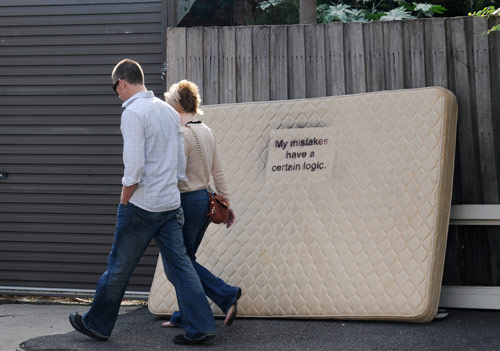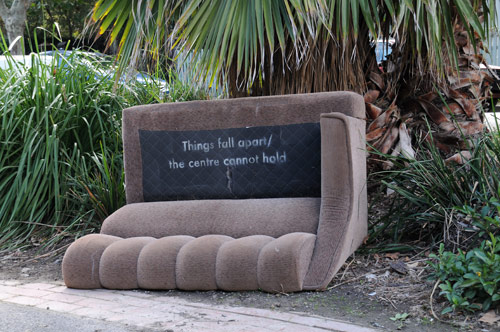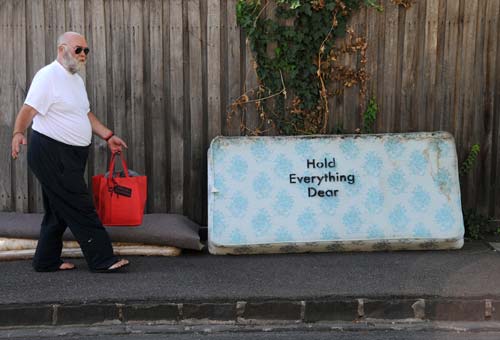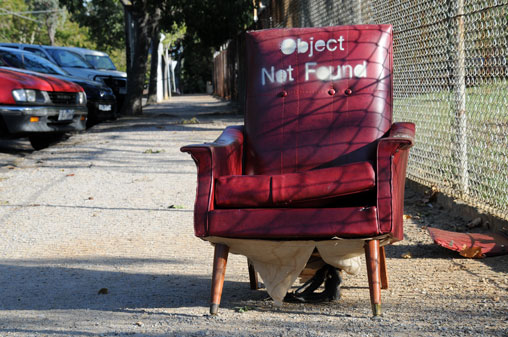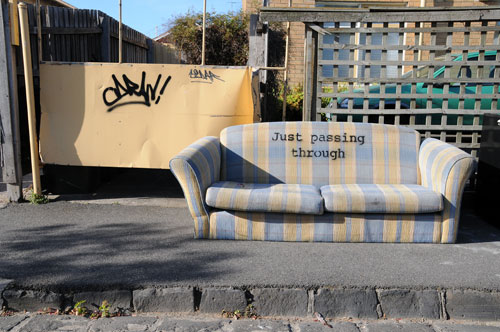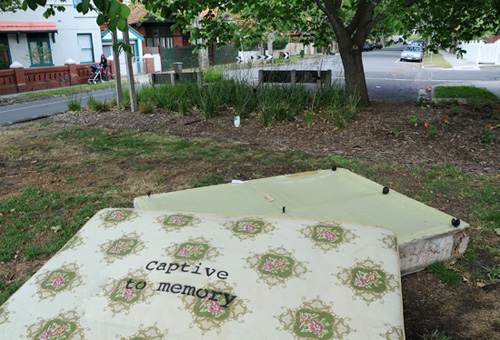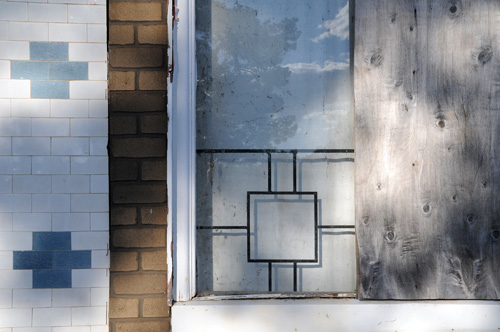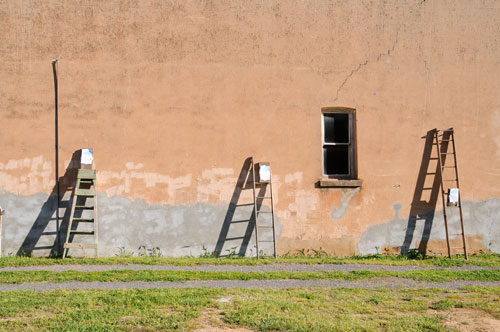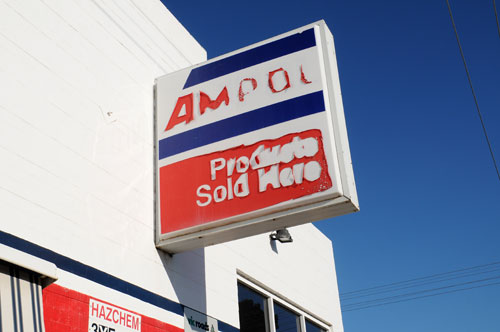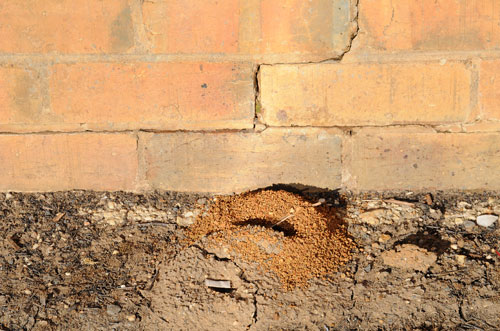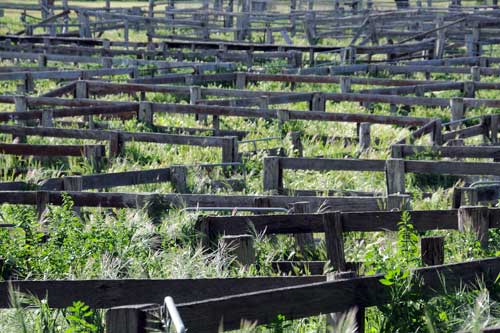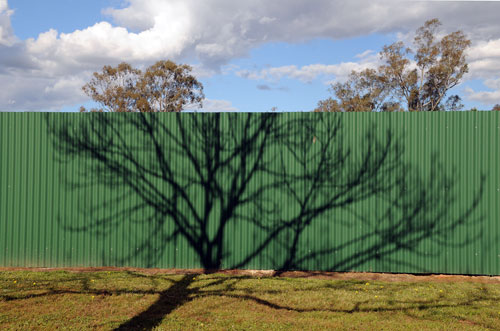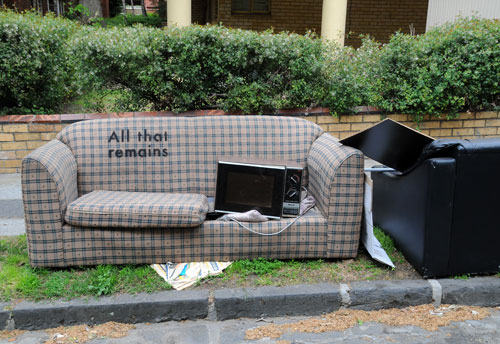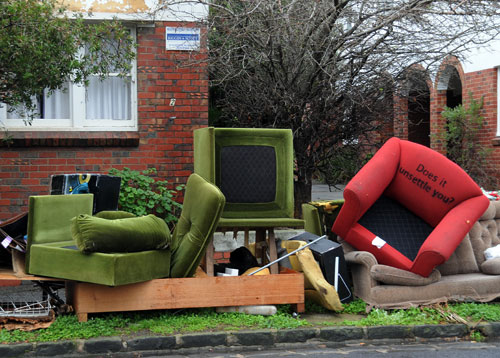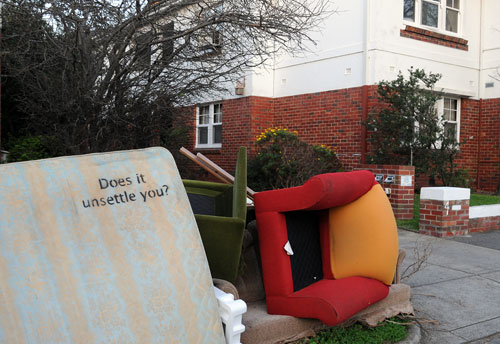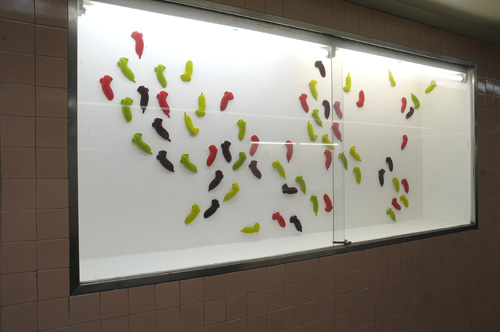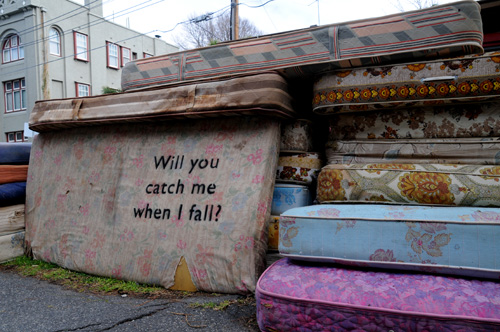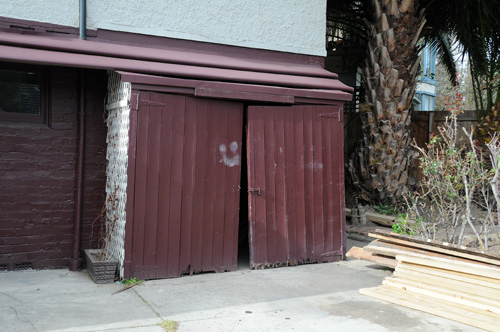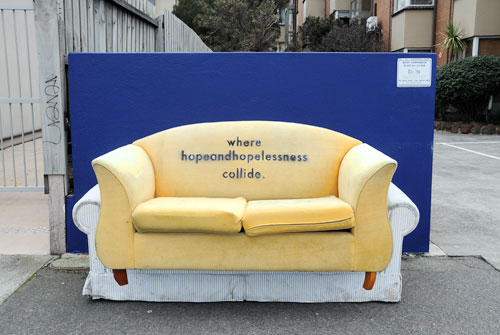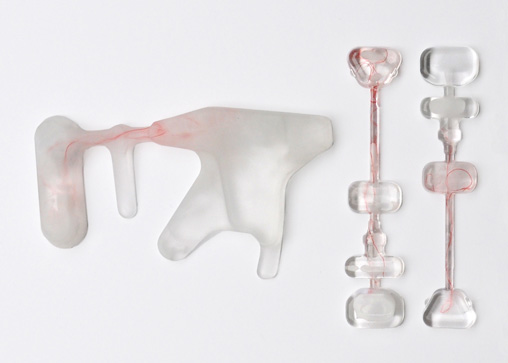
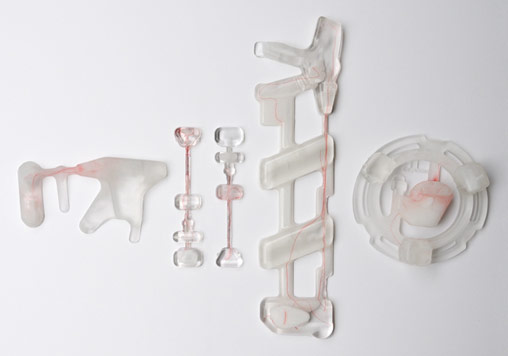
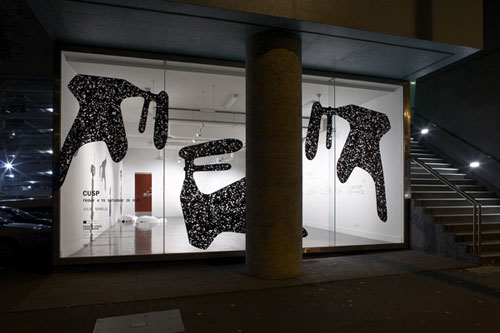
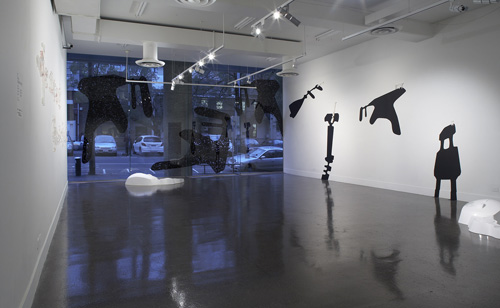
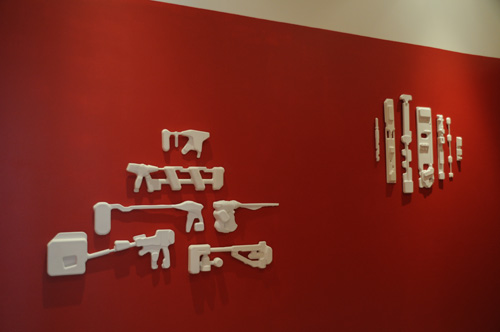
Cusp:installation views
Photo credits: Images 1and 2 Christian Capurro
Image 3: Julie Shiels
Cusp
Project Space/Spare Room
23-27 Cardigan St, Carlton
Friday 4 – Friday 25 June
Launched by Jason Smith – CEO and Director, Heidi Museum of Modern Art
Thursday 3 June 5.30 – 7.30pm
When a person undergoes a surgical procedure the operation is booked, the risks are assessed and the date anticipated. On the day, the body is prepped and dressed in a special gown but as consciousness slips away, the actual event becomes a void. The only memories of the experience are the ones that sit either side of that empty space.
Cusp materialises this void in memory by casting the empty space in packaging that once held surgical implements and devices used in the operating theatre.
Some of the cast objects look like alien weapons or contraptions from sci-fi movies. Others resemble probes used to pierce and penetrate the body in a gothic chamber of horrors. Will future archaeologist or anthropologists sift through our ruins and exclaim at our barbarity? Or will they marvel at the extraordinary ingenuity and careful management of the suffering associated with illness and disease in our time. Click here for the PDF catalogue
